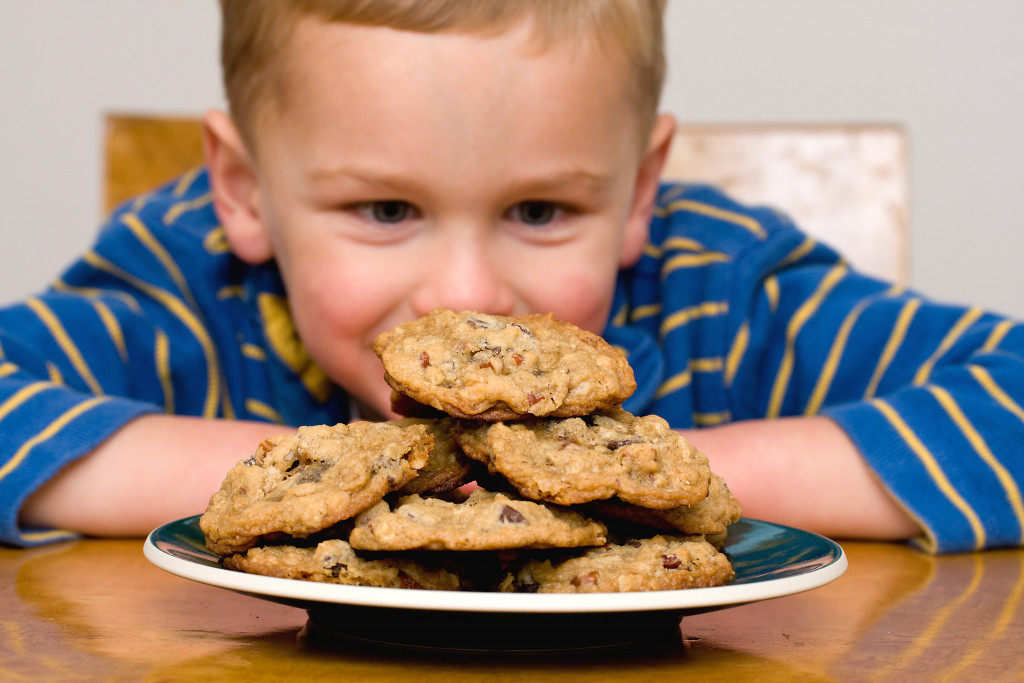When it comes to raising healthy children, parents play a critical role in shaping their children’s relationship with food. From the time children are born, they are exploring and learning about the world around them through their senses. Sight, smell, touch, taste, and sound are all ways that children learn about their environment and develop preferences for certain things. As children grow older, they begin to form opinions and attitudes about food based on their experiences.
Many children end up suffering from eating disorders. When a child develops bulimia or anorexia nervosa, they may end up in a clinic. Eating disorders do not just cause emotional distress; it can endanger a child’s life. An eating disorder can also impact their lives negatively, even in adulthood.
Fortunately, there are things that parents can do to help their children develop a positive relationship with food.
It is important for parents to be aware of the messages they are sending their children about food and eating. Parents can unintentionally create an environment where their children develop negative associations with certain foods or develop unhealthy eating habits. Some ways that parents can unwittingly do this includes:
Using Food as a Reward or Punishment
Food shouldn’t be used as a tool for either rewarding or punishing children. This can create an unhealthy association with food and lead to overeating or undereating.
Many parents bribe their children to do something by offering them food as a reward. For example, a parent might say, “If you eat your vegetables, then you can have dessert.” This sends the message to children that eating certain foods is a chore that must be completed in order to receive a reward. It can also lead to children overeating when they get their desired treat.
Allowing Children to Graze Throughout the Day
Parents should try to structure mealtimes and limit snacks so that children are eating set meals rather than grazing all day long. This will help children learn how to regulate their own eating and avoid overeating.
If children are constantly snacking, they may not be hungry at mealtimes and end up not eating enough of the nutritious foods they need. Additionally, grazing can lead to children becoming overweight or obese.
Obesity is a serious problem in the United States. According to the Centers for Disease Control and Prevention (CDC), approximately 13 percent of children ages 2 to 5 are obese, and 21 percent of children ages 6 to 11 are obese.
Encouraging Children to Clean Their Plates
While it is important for children to eat a nutritious diet, pressuring them to finish everything on their plate can lead to overeating.
Some parents may think that they are doing their child a favor by making sure they eat everything, but this can backfire. If a child is full but is forced to keep eating, they may develop negative associations with certain foods. This can lead to a child becoming overweight or obese.
It is important for parents to listen to their child’s cues and stop feeding them when they are full.

Removing Certain Foods From the Diet in an Attempt to be “Healthy”
While eating fruits and vegetables are preferable to consuming pizza and hamburgers, removing all “unhealthy” foods from a child’s diet is not the answer.
When parents do this, it can make children feel like they are being punished and that they are missing out on something. This can lead to a child feeling deprived and overeating when they have the opportunity to eat the forbidden food.
Making Comments About Other People’s Bodies
Parents should be careful about the comments they make about other people’s bodies, including their own.
Making negative comments about someone’s weight or appearance can send the message to children that being overweight is bad. This can lead to a child feeling ashamed of their own body and developing an eating disorder.
On the other hand, making positive comments about someone’s weight or appearance can promote body positivity and help a child develop a healthy relationship with food.
Encouraging Picky Eating Habits
Some parents may think that it’s cute when their child is a picky eater, but this can actually lead to problems down the road.
Picky eating habits can lead to a child becoming malnourished or overweight. It can also cause a child to miss out on important nutrients that are essential for their growth and development.
If a child is a picky eater, parents should try to introduce new foods gradually or cook a food item differently and not force them to eat anything they don’t want to.
Parents play a crucial role in shaping their children’s relationships with food. By being mindful of the messages they are sending, parents can help their children develop healthy eating habits and avoid developing negative associations with food.

